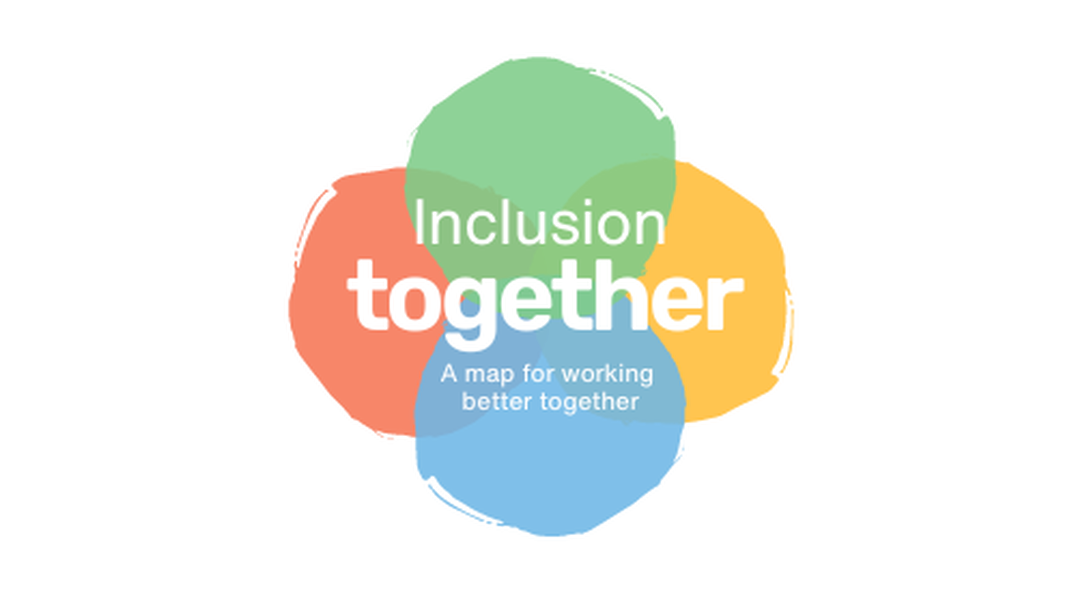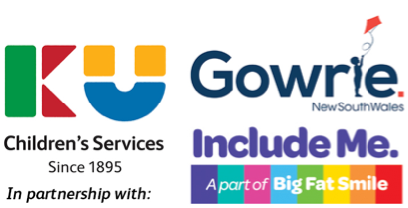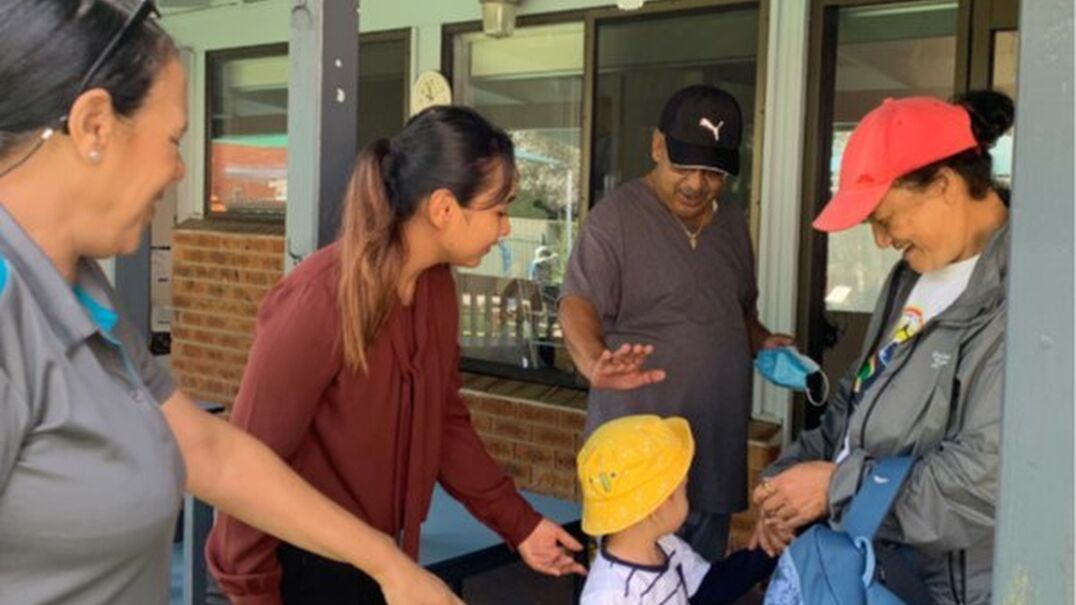
Making Critical Reflection Happen in Out of School Hours
1 November 2021We spoke with Emily Hamilton, Coordinator, Leichhardt OOSH about the role critical reflection plays in inclusion at her service.
We need to create opportunities and make the most of the opportunities that arise. The Strategic Inclusion Plan gives us a good opportunity to do this. So, whether we do this in team meetings, in meetings with families, meetings with outside providers, or at an end of cycle review, these are all ways that we can make sure that we are critically reflecting. This helps us look at where we are meeting children’s needs as well as areas that we need to focus on. I also think we really need to write our reflections down. Having it on paper for everyone to access makes a big difference.
It’s is all well and good to decide “I can do this better” without actually deep-diving into reflecting on: “What are my personal biases?” “What are my values that may be playing a part in this?” “What are my fears?” Until we are really candid about: “My concern is...” it is hard to change. Some time ago we had a child with additional needs who would abscond from the service. This experience really coloured my views for a very long time. We have certainly learnt a lot from these challenges. Failure makes us have a good hard look at ourselves. For example, maybe when we don’t meet parents’ expectations, or when a child isn’t having success in the program we need to ask: “What role did we play in this happening?” I think there is a tendency to think this is related to the child, rather than what is happening at school, within the family or our program.
What can be challenging in a team environment is when educators don’t critically reflect on their own. It takes emotional intelligence to do this and it isn’t necessarily something that comes naturally to everyone. Sometimes we need to take people on a journey to make this part of their personal growth. We need to work on this skill and exercise it. All our team have a one-to-one meeting with their supervisor once a fortnight or more often if needed. That can be a safer place to talk rather than in a big group. We also look at critical reflection in team meetings and unpack things together.
When we have a new educator, we need to make sure that they know how to support children naturally and are not over-planning every interaction that children have. Our aim is for the additional educator in the room not to be obvious. We look at how clearly we have explained the goals of inclusion to educators and families. It has been great to have our Inclusion Professional visit and to talk about how we do this.
Inclusion is embedded in our service through our philosophy and Quality Improvement Plan. Inclusion can be seen clearly in practice, as we are accepting children for who they are.

The Australian Government funded NSW/ACT Inclusion Agency is managed by KU Children’s Services, in partnership with Include Me and Gowrie NSW.
